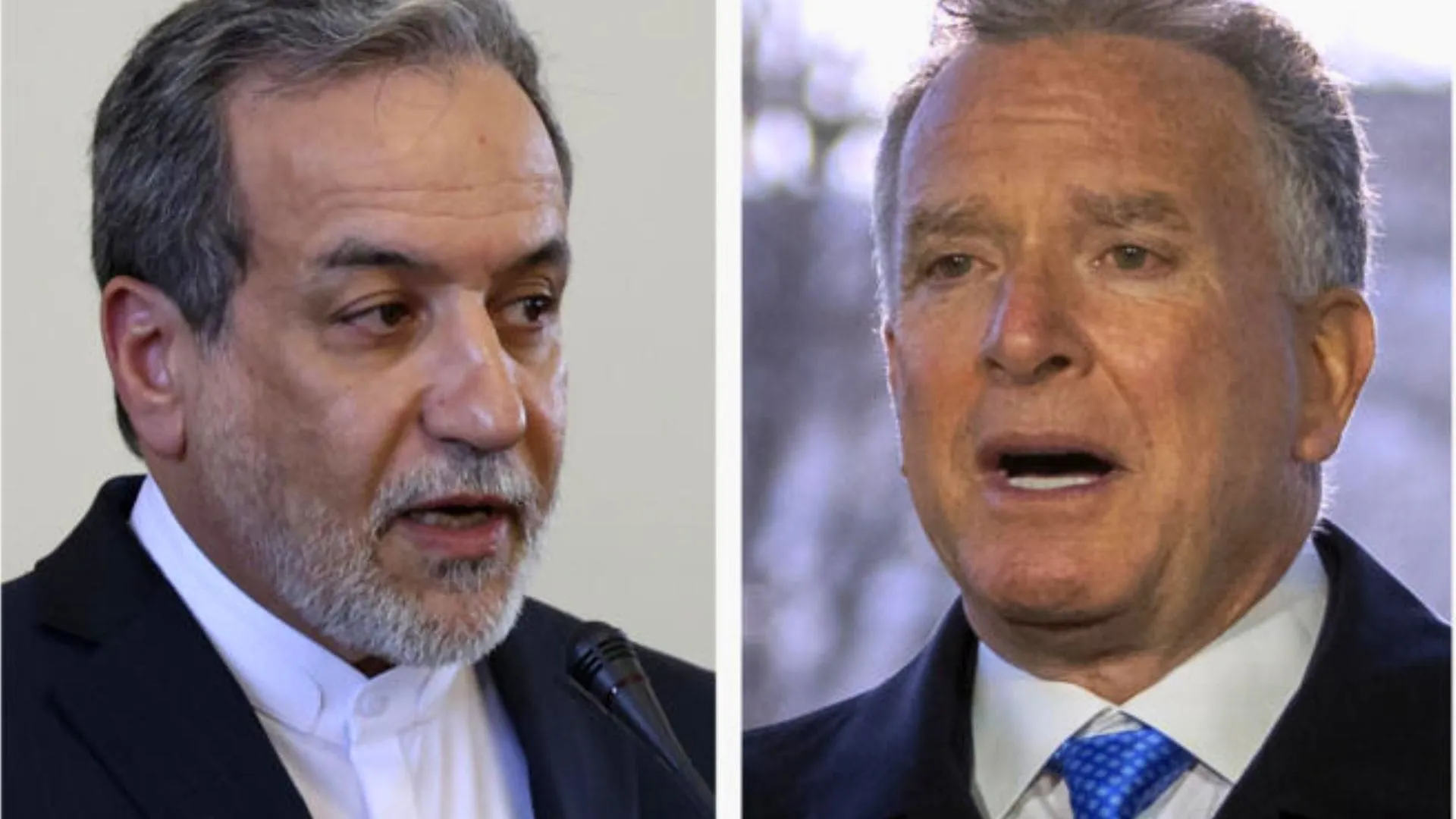As tensions heat up in the Middle East, Iran-US nuclear negotiations resumed this week in Oman—the first face-to-face negotiations between Tehran and the Trump since he took office again. With US elections approaching and Israel escalating regional attacks, tensions are higher than ever before. The talks hope to dial down Iran’s nuclear ambitions, cut sanctions, and avert war on a grander scale. But doubt remains as many question whether this is a serious step toward peace or another chapter in Trump’s unpredictable diplomacy.
A Delicate Beginning, but Some Optimism
The negotiations were indirect, brokered by Oman’s foreign minister. Nonetheless, both parties described the mood as “positive” and “constructive.” Iranian Foreign Minister Abbas Araqchi reported that the delegations could see each other again next Saturday. The US, represented by Trump’s new Middle East envoy Steven Witkoff, also seconded that hope.
Although fleeting, a brief face-to-face encounter occurred at the session’s close. That tiny concession may suggest a willingness to continue talking.
Why It Matters Now ?
The Middle East is already on fire. Gaza is burning. Lebanon is seething. Houthi rebels are disrupting Red Sea commerce. Meanwhile, Israel has apparently struck Iranian targets directly. If the nuclear negotiations collapse, a wider war is not impossible.
Iran threatens neighboring countries with US bases with “severe consequences” if they facilitate an attack. Trump has also doubled down on his “maximum pressure” strategy. He re-imposed harsh sanctions after he killed the 2015 nuclear accord. He’s now signaling possible military strikes if negotiations fall through.
A Calculated Risk by Trump
This is vintage Trump—bluff, then negotiate. But the danger is real. Tehran’s nuclear program is more advanced than ever before. It produces uranium near weapons-grade levels. But Iran maintains it doesn’t seek a bomb.
Nevertheless, the situation could change quickly. Trump wants a foreign policy victory before November. Iran needs sanctions relief. If they can meet half-way, the region could breathe. Otherwise, the world fears another war.























